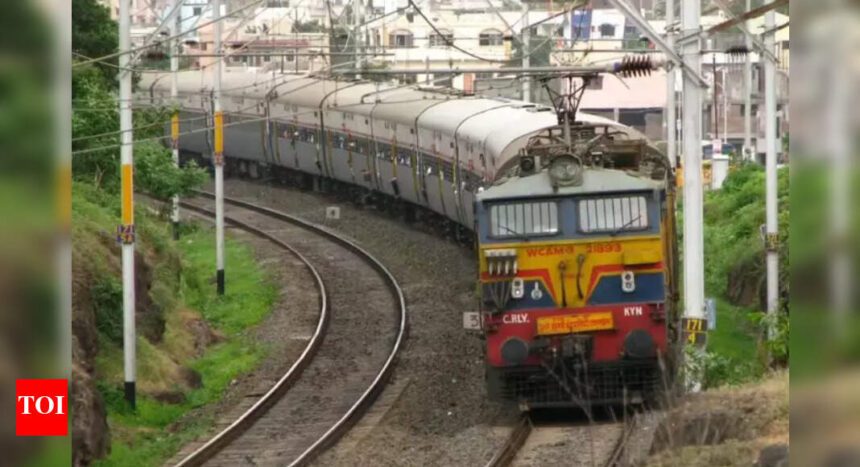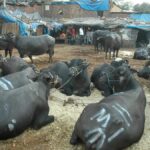The Indian Railways is set to prioritize the development of dedicated passenger corridors, as announced by Railway Minister Ashwini Vaishnaw. This initiative aims to meet the increasing demand for passenger services and will entail enhancing the capacity of existing tracks alongside the advancement of the Vande Bharat 4.0 trains.
Vaishnaw stated that these dedicated corridors will be designed for speeds of 350 kmph, with an operational speed of 320 kmph. The corridors will be fully indigenous, providing significant opportunities for domestic players in the railway sector. The minister emphasized the importance of maintaining high quality in products and services, urging the Railway Board chairman to adopt stringent measures against suppliers that compromise on quality.
In his address to industry stakeholders at the International Railway Equipment Exhibition, Vaishnaw outlined three key areas of focus for the railway sector: enhancing passenger service and comfort, ensuring safety, and preparing the national transportation system for the next 25 years. He noted the urgent need to construct dedicated passenger corridors, drawing attention to India’s vast population of 1.4 billion and the resultant transportation demands, comparing the country to other successful economies with similar needs.
The plan includes building approximately 7,000 kilometers of dedicated corridors over the next two decades, which will incorporate indigenously developed signaling systems and modern Operations Control Centers (OCCs).
Highlighting the success of the Vande Bharat trains, the minister called for a reimagining of the indigenous semi-high-speed train, pointing out that the current iteration, Vande Bharat 3.0, accelerates from 0 to 100 kmph in just 52 seconds. He outlined goals for Vande Bharat 4.0, urging improvements in coach quality, including enhanced toilets and seating, with an objective to create a train admired internationally for its quality and comfort within the next 18 months.
Waishnaw stressed the importance of quality and safety in manufacturing, warning that companies failing to improve standards would face consequences, including blacklisting from railway contracts. Additionally, he mentioned the development of a 2,400-horsepower hydrogen-powered train, which has been developed entirely within India, asserting that the technology will not be imported but designed domestically.










